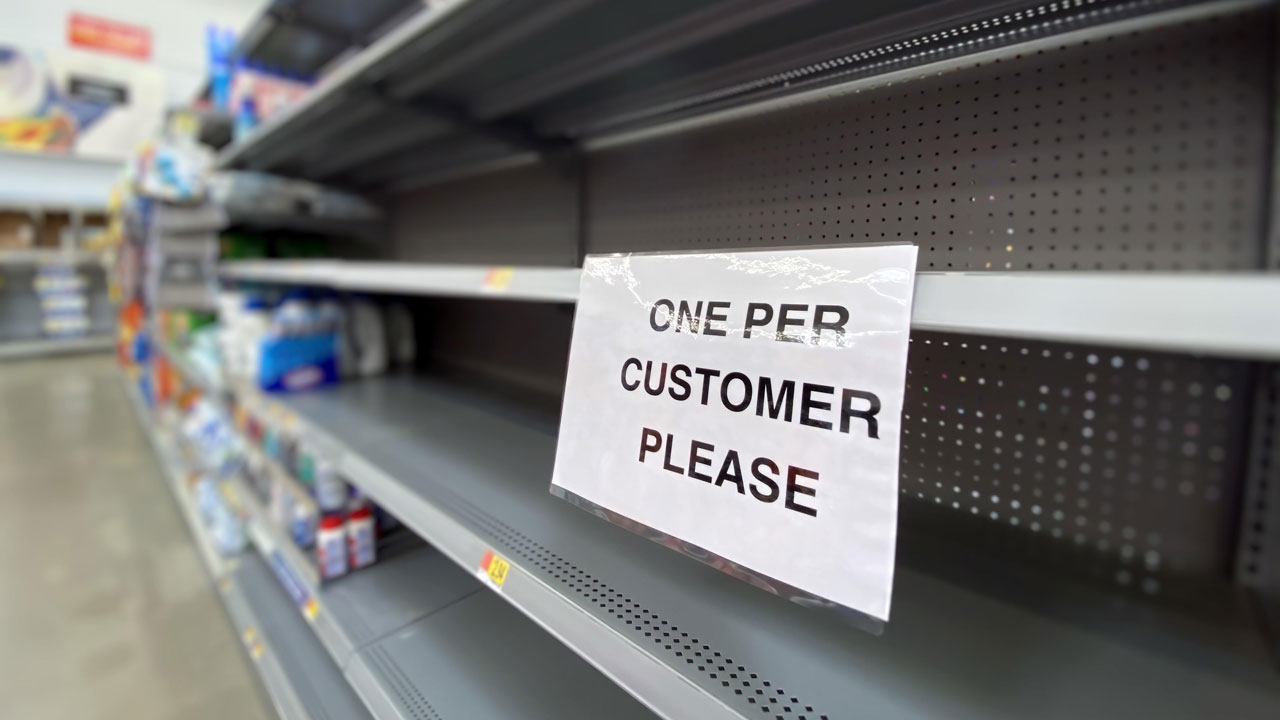- YouTube
- TikTok
OU archival project chronicles everyday life amid pandemic

As the COVID-19 crisis continues, Oakland University has launched a grassroots effort to document the experiences of people in Southeast Michigan. People can submit photos, written journals, flyers, video and audio files, screenshots, and other materials through a simple online form.
The project is particularly devoted to chronicling the lives of ordinary people, said Dominique Daniel, coordinator of OU Archives and Special Collections, which spearheaded the initiative.
“Official documents (published by governments and other organizations) are easily available, and so are the archives of famous people and political leaders,” said Daniel. “But ordinary people's experiences are less often recorded and kept in libraries and archives.”
“In the case of the current pandemic, it's clear that researchers 50 years from now will want to know how people experienced this crisis.”-Dominique Daniel, coordinator of OU Archives and Special Collections |
She added that, since the 1960s, social historians have become increasingly interested in the histories of under-represented groups and individuals, including the working class, immigrants, women and LGBTQIA persons, racial minorities, disabled people and the everyday lives of ordinary people.
“Not only can researchers gain a fuller picture of what happened, but they can critically assess official discourse, evaluate the impact of government policies, analyze people's reactions to them, and better understand grassroots movements, working conditions and other aspects of everyday life,” Daniel explained. “In the case of the current pandemic, it's clear that researchers 50 years from now will want to know how people experienced the crisis.”
Since announcing the project, the library has received submissions from OU faculty, students and community members. Donated items include photos, a drawing made during a Zoom call, an email sent by an instructor to her students, and a personal journal.
“We’re hoping to hear more from OU students,” Daniel said. “Most of them have photos, a social media post, or other already-created items that they could submit – and submitting does not take long.”
In addition to digital submissions, the library plans to accept donations of physical items after the stay-at-home order is lifted and staff have returned to campus. For more information about the project, email Daniel at [email protected].


 May 28, 2020
May 28, 2020